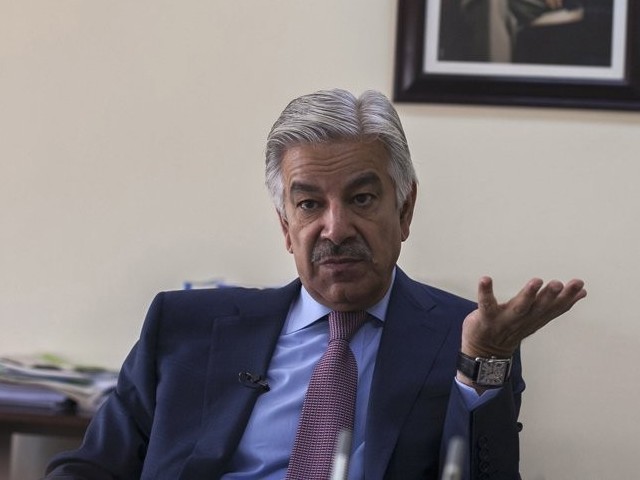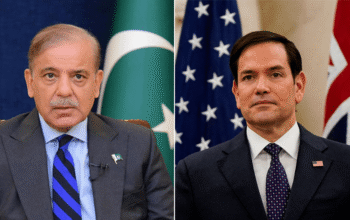Monitoring Desk
ISLAMABAD: Pakistan’s defence minister on Friday rejected accusations of Islamabad’s involvement in a terror attack that killed 26 people this week in occupied Kashmir, calling for an international investigation into the incident, The New York Times reported.
In an interview with the newspaper, Khawaja Muhammad Asif said Pakistan was “ready to cooperate” with “any investigation which is conducted by international inspectors.”
The attack, which occurred on Tuesday near Pahalgam in southern Kashmir, targeted a tourist group and was the deadliest in the Indian-administered territory in years.
Asif’s comments came as tensions escalated between Pakistan and India, nuclear-armed neighbors that both control parts of the disputed Kashmir region. India has accused Pakistan of involvement. Pakistan denied Indian allegations.
In response, India has closed border crossings and suspended the Indus Waters Treaty, a critical water-sharing agreement signed in 1960 and brokered by the World Bank. Pakistan retaliated and threatened to suspend a peace treaty, Simla Agreement, signed in July 1972. Islamabad banned its airspace for Indian airlines.
The minister accused India of exploiting the attack to justify suspending the treaty and for domestic political gain. “India was taking steps to punish Pakistan without any proof, without any investigation,” Asif told The New York Times. He added that India had been seeking to exit the treaty for a decade and had “now found an excuse to get out of this arrangement.”
The suspension of the Indus Waters Treaty threatens Pakistan’s access to rivers vital for irrigation and consumption, raising fears of a broader regional crisis. Pakistani officials have appealed to the Trump administration to mediate the dispute, with Asif warning, “We do not want this war to flare up, because flaring up of this war can cause disaster for this region.”
Both nations have taken additional measures, including actions against each other’s diplomats, further straining relations.
India alleges that the Resistance Front, a little-known group that claimed responsibility for the attack, is a proxy for Lashkar-e-Taiba, the militant organization behind the 2008 Mumbai attacks.
Asif dismissed this, asserting that Lashkar-e-Taiba was “defunct” and incapable of orchestrating attacks from Pakistani territory. “They are finished; they don’t have any setup in Pakistan,” he said, noting that remaining members were either under house arrest or in custody.
The minister suggested alternative theories, including the possibility that local separatist groups in Kashmir seeking greater autonomy carried out the attack.
He also raised, without evidence, the prospect of a “false flag” operation by India to provoke a crisis. “Pakistan had nothing to gain from a terror attack on civilians,” Asif said, accusing India of using the incident to rally domestic support.
The last major militant attack in occupied Kashmir occurred in 2019, killing dozens of security personnel and prompting Indian airstrikes on Pakistani territory. The latest violence has heightened fears of further escalation between the two nations, which have fought multiple wars over Kashmir since their partition in 1947.
Copyright © 2021 Independent Pakistan | All rights reserved




